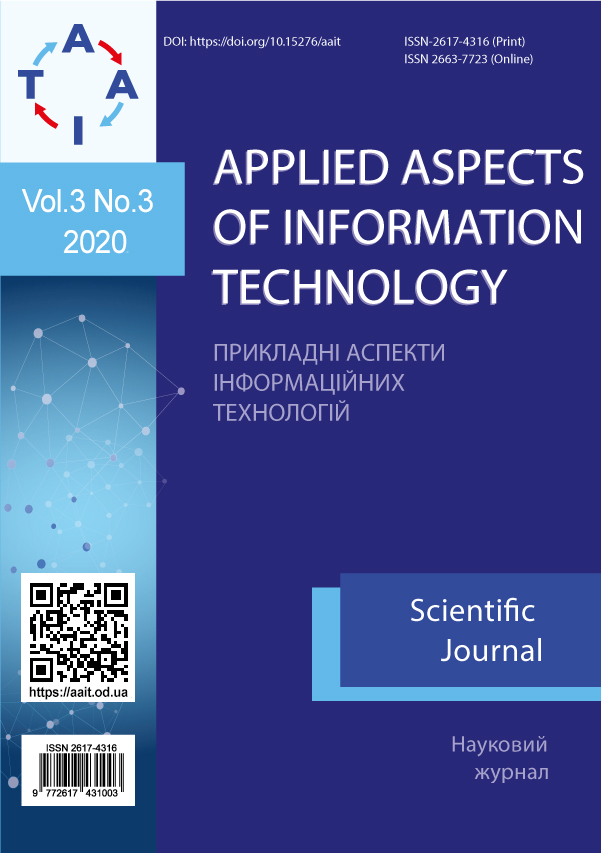Computer simulation of electric vehicle acceleration processes with different positions of the mass center
Main Article Content
Abstract
Due to the electrification of modern vehicles the role of the electric drive is growing as the main mover. In conditions of increasing requirements for the safety controllability and energy efficiency of a vehicle on electric traction, it is actual to take into account the dynamic properties of a vehicle in various driving modes when developing an automatic control system. In the work it is investigated the influence of the mass center position on the redistribution of forces during acceleration on a straight-line section. Taking into consideration the position of the mass center in the control system allows redistributing the desired moment to the wheels with better adhesion to the surface, which increases the safety and controllability of the vehicle, as well as minimizes energy costs on wheels with the worst adhesion. The aim of the work is to investigate the influence of the mass center position on the dynamics of a vehicle with full, rear and front wheel drive using computer simulation. The mathematical description includes analytical expressions for the redistribution of the support reactions for each of the wheels, which makes it possible, on their basis, to carry out computer simulation of the electric vehicle acceleration on a straight-line section. For the indicated types of vehicle drives, a computer model has been developed that includes, in the automatic control system for torque redistribution, the coordinates of the mass center position, which are converted on the basis of analytical expressions into the physical parameters of the system. Computer simulation of acceleration from zero to one hundred km/h with full pressing of the accelerator pedal for nine different positions of the mass center and three types of drive was carried out. Data were obtained on the change in accelerations, support reactions and torque of wheels during acceleration at various mass center positions. Based on the results obtained, the most preferable coordinates of the mass center for each type of drive from the point of view of the acceleration dynamics on a straight section were determined. The developed computer model can be used to study the dynamics of an electric vehicle when cornering, as well as to study energy indicators in all dynamic driving modes.



